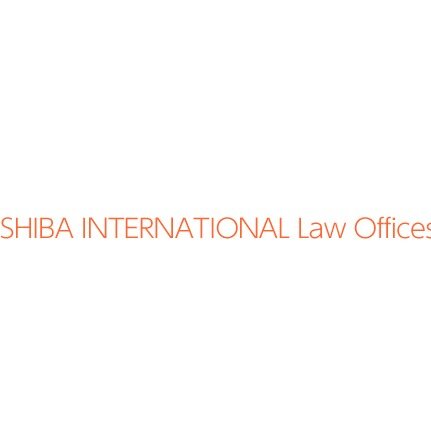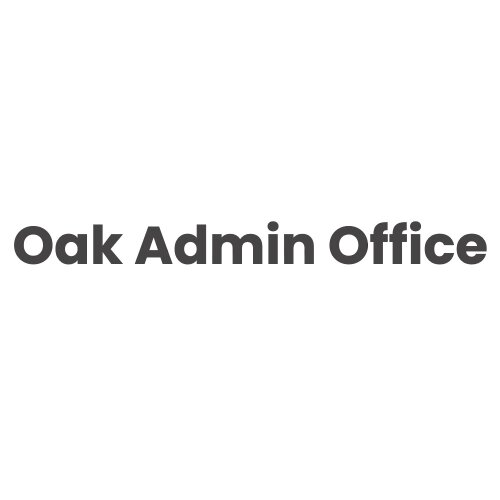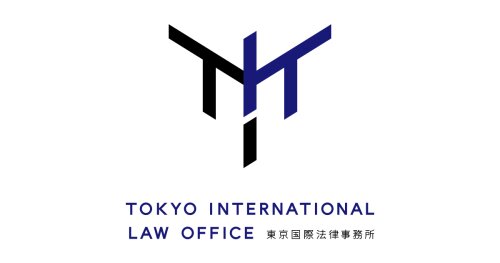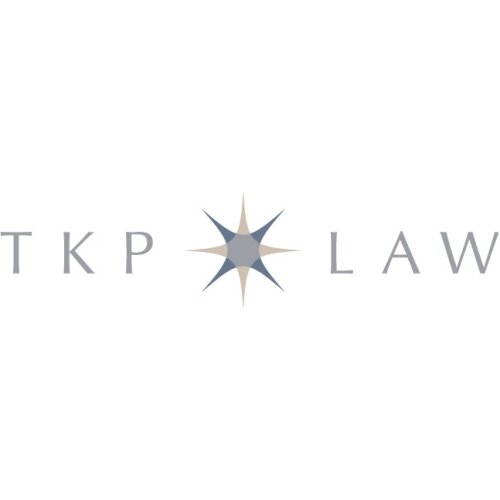Best Water Law Lawyers in Tokyo
Share your needs with us, get contacted by law firms.
Free. Takes 2 min.
List of the best lawyers in Tokyo, Japan
About Water Law in Tokyo, Japan
Water Law in Tokyo, Japan refers to the legal framework governing the use, management, and protection of water resources within the region. As a highly urbanized and densely populated metropolis, Tokyo faces unique challenges such as water supply management, water pollution control, flood prevention, river use, and disputes over water rights. Japanese Water Law is primarily based on national statutes like the Waterworks Law, the River Law, and the Sewerage Law, but local ordinances and city regulations also play a significant role in shaping how these laws are applied in Tokyo.
Why You May Need a Lawyer
Navigating Water Law in Tokyo can be complex, whether you are a private individual, property developer, business owner, or part of a community organization. You may need a lawyer for the following reasons:
- Disputes over water rights or usage
- Concerns and penalties regarding water pollution
- Issues related to land development affecting water resources
- Compliance with local and national water regulations
- Negotiation with government authorities regarding river or reservoir management
- Mitigating flood risk and understanding floodplain regulations
- Understanding responsibilities in waterworks construction or maintenance
- Advice on public or private water infrastructure projects
- Remediation of water contamination
- Representing your interests in administrative appeals or litigation
Local Laws Overview
In Tokyo, Water Law is shaped by both national statutes and Tokyo Metropolitan Government ordinances. Key aspects include:
- The Waterworks Law: Governs public water supply, sanitation standards, and the duties of water service providers.
- The River Law: Regulates the use and management of rivers, stream zones, and associated flood control infrastructure.
- The Sewerage Law: Sets out requirements for sewage treatment and discharge to prevent contamination of water bodies.
- Environmental Laws: The Basic Environment Law and supplementary ordinances focus on water quality and pollution prevention, including restrictions on industrial wastewater discharge.
- Tokyo Metropolitan Ordinances: These provide additional localized regulations concerning water conservation, rainwater management, and disaster prevention.
Understanding the interplay between national and local law is essential for anyone dealing with Water Law issues in Tokyo.
Frequently Asked Questions
What is regulated under Water Law in Tokyo?
Water Law regulates the supply, use, disposal, and conservation of water. This includes public waterworks, private wells, river use, wastewater management, flood control, and water pollution prevention.
Do I need a license to use river water in Tokyo?
Yes, in most cases, using river water for purposes such as irrigation or industrial use requires a license from the relevant river authority, typically managed by the city or national government.
Can I dig a private well on my property?
Digging a private well is subject to various regulations and may require notification to local authorities or need to meet certain construction and environmental standards.
What laws protect against water pollution in Tokyo?
Both national and local regulations, including the Water Pollution Control Law and Tokyo Metropolitan Ordinances, impose strict limits on pollutants discharged into water bodies.
Who is responsible for flood prevention and drainage?
Flood prevention is managed by multiple governmental bodies, including the Tokyo Metropolitan Government and river authorities. Property owners also have certain responsibilities regarding drainage and runoff.
How are disputes over water rights resolved?
Disputes can be resolved through negotiation, mediation, administrative review, or litigation, depending on the nature of the dispute and the parties involved.
What happens if I violate water laws or regulations?
Violations may result in administrative penalties, orders to cease harmful activities, fines, or, in severe cases, criminal prosecution.
Are businesses subject to special water regulations?
Yes, businesses generally face stricter compliance requirements, especially if they discharge wastewater, use significant amounts of water, or operate near rivers and water sources.
Can I get government support for water conservation measures?
The Tokyo Metropolitan Government and related agencies occasionally offer subsidies or technical support for businesses and communities adopting advanced water-saving or recycling technologies.
How do I report water pollution or illegal use?
Water pollution or unauthorized water use should be reported to the local ward office, the Tokyo Metropolitan Government’s environmental department, or relevant river management authorities.
Additional Resources
If you need more information or legal assistance, consider these resources:
- Tokyo Metropolitan Government Waterworks Bureau: Offers guidance on water supply, usage, and regulations.
- Ministry of Land, Infrastructure, Transport and Tourism: Oversees river, flood, and water-related infrastructure laws.
- Tokyo Legal Affairs Bureau: Provides legal consultation and guidance for residents.
- Local Bar Associations: Offer referrals to lawyers specializing in environmental and Water Law.
- Environmental NPOs: Some non-profit organizations give advice or support in water protection and dispute matters.
Next Steps
If you need legal assistance regarding Water Law in Tokyo:
- Document your case, including any notices, correspondence, photographs, or evidence.
- Research the relevant regulations that apply to your situation using the resources above.
- Contact a lawyer specializing in environmental or Water Law for a consultation. Local bar associations can help with referrals.
- Prepare your questions and bring all relevant materials to your consultation for a more productive discussion.
- Follow your lawyer’s advice regarding negotiations, filings, or possible legal proceedings.
Whether you are engaged in a dispute, planning a development, or simply want to comply with the law, seeking proper legal advice is essential for navigating Water Law in Tokyo, Japan.
Lawzana helps you find the best lawyers and law firms in Tokyo through a curated and pre-screened list of qualified legal professionals. Our platform offers rankings and detailed profiles of attorneys and law firms, allowing you to compare based on practice areas, including Water Law, experience, and client feedback.
Each profile includes a description of the firm's areas of practice, client reviews, team members and partners, year of establishment, spoken languages, office locations, contact information, social media presence, and any published articles or resources. Most firms on our platform speak English and are experienced in both local and international legal matters.
Get a quote from top-rated law firms in Tokyo, Japan — quickly, securely, and without unnecessary hassle.
Disclaimer:
The information provided on this page is for general informational purposes only and does not constitute legal advice. While we strive to ensure the accuracy and relevance of the content, legal information may change over time, and interpretations of the law can vary. You should always consult with a qualified legal professional for advice specific to your situation.
We disclaim all liability for actions taken or not taken based on the content of this page. If you believe any information is incorrect or outdated, please contact us, and we will review and update it where appropriate.
















